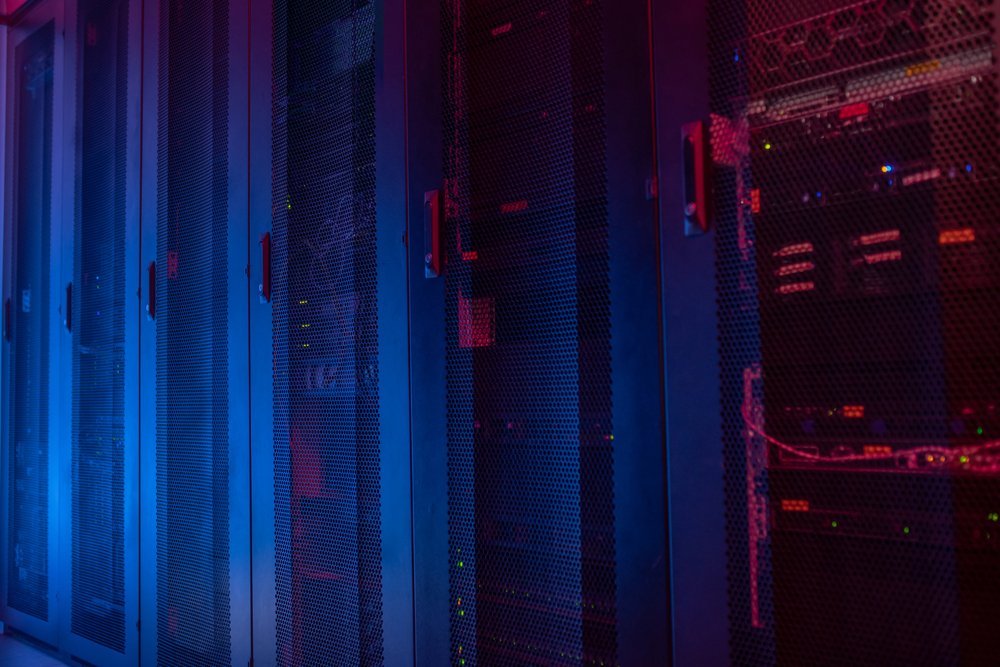Dedicated servers are the perfect combination of hardware and software resources that ensure the best performance and functionality. Such servers allow customization at an advanced level, without being concerned about other tenants which also impacts optimized performance and functioning.
The optimized performance and functioning of dedicated resources are highly dependent on the selection of the right hardware resources. However, this selection might not be easy if you lack technical expertise in the area. Having a little idea about the basic requirements and following some tips can facilitate better decision-making.
Get into the details of this article to learn and explore how you can choose hardware for your dedicated server and follow the required measures to ensure a perfectly functional setup.
Top 5 Tips to Finalize Dedicated Server Hardware
Dedicated servers are the ultimate choice of sites that attract heavy traffic. Such servers dedicate all hardware resources to a single tenant which ensures optimal performance and functionality. However, choosing a random dedicated server may not perform up to your expectations. You need to carefully choose the hardware resources according to your needs and enjoy the desired performance.
Here are some of the most notable tips you can follow to finalize hardware for your dedicated servers and ensure smooth and reliable performance.
1. Define the Purpose of the Server
Defining the purpose of the server is the foremost tip you can follow to choose the right hardware resources for your dedicated server. The hardware selection is highly dependent on the purpose of the server, so you should not neglect it. Whether you want to use the server to host websites or for gaming or data processing, you will need to invest in resources accordingly.
In case, you want to use the server for multiple purposes simultaneously, you will have to manage the resources accordingly. At times, the concentered authorities do not have the technical knowledge required for such estimates. They consult experts from dedicated server hosting services, share their needs and purpose, and let professionals recommend and design the best solutions.
2. Consider Bandwidth Requirements
Considering the bandwidth requirements is the next tip you need to follow in terms of choosing hardware for dedicated servers. Though it is not specifically a physical component, it does impact user experience and needs to be considered. Higher network speed and bandwidth are required if you intend to share large media files or handle a higher influx of user inquiries in a limited time.
The purpose of the server will specifically define this aspect and help you choose the hardware resources accordingly. You can also pick and choose between metered and unmetered bandwidth according to your specific requirements. You can always refer to experts and utilize their guidance to make the best hardware selection for your setup and ensure functionality.
Read also: Top Signs Your Business Has Outgrown Shared Hosting
3. Check CPU and RAM
Checking CPU and RAM is the next tip you need to follow to choose the right hardware for your dedicated server. CPU specifically impacts the performance of the overall setup so you need to choose it after careful consideration. You can choose the core according to expected traffic and workload.
On the other hand, RAM specifically impacts the server speed which can define uptime and downtimes. So, assess your potential usage explore the types of RAM available, and opt for the best-suited solutions. If you are unable to assess all these technical requirements on your own, do not rely on the bare minimum. Instead, consult hosting experts and make the best and most rewarding decision for your setup.
4. Review Storage Requirements
Reviewing the storage requirements is another tip you can follow to choose the right hardware resources for your dedicated servers. You need to assess the performance and capacity handling you expect from the server, which will help you get a better idea of storage requirements.
Solid state drive (SSD) and hard disk drive (HDD) are the most common storage options available. SSDs are more expensive but offer limited capacity. On the contrary, HDDs are more cost-effective yet offer higher capacities. You can also opt for RAID while checking and ensuring its suitability for your specific needs.
Read also: How Does VPS Hosting Work? A Technical Explanation
5. Assess Operating System Compatibility
Assessing compatibility with the operating system is the last tip you can follow to choose the perfect hardware for your dedicated server. Such servers also require customized operating systems besides numerous other resources. Linux and Windows operating systems are the two most common as well as reliable options in this regard.
However, you might be unable to use any of these operating systems as it is but will need to customize it according to your specific needs. If you lack the expertise to assess and exercise compatibility, you might be unable to utilize the server to the fullest. You can instead contact dedicated server hosting from HostingMENA and opt for the perfectly designed and customized hardware and software solutions for your setup.
Do You Need Help With Hardware Selection For Dedicated Servers?
If you are struggling to choose the right hardware for your setup, do not decide in haste. Instead, contact and consult professional hosting services and opt for the recommended solutions to enjoy the perfect performance.



